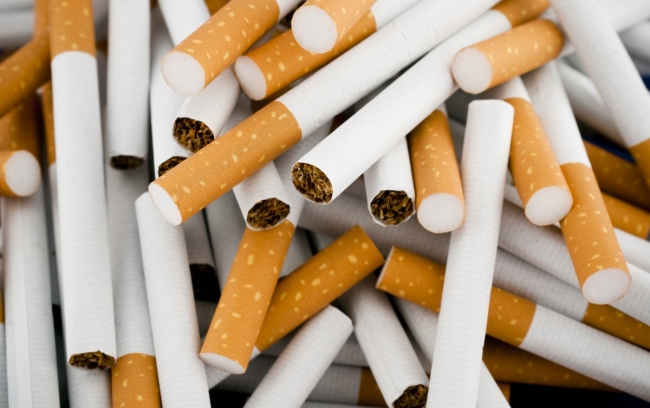You have /5 articles left.
Sign up for a free account or log in.

iStock
Since 1996, nine states have banned affirmative action by their public colleges. What impact has this had on minority young adults in areas far removed from higher education?
The states are Arizona, California, Florida, Michigan, Nebraska, New Hampshire, Oklahoma, Texas and Washington. (Washington this year reversed its ban but was studied nonetheless.)
Atheendar S. Venkataramani, assistant professor of medical ethics and health policy at the University of Pennsylvania, and a team, set out to find the impact.
They looked at a variety of factors. They found that cigarette smoking in the past 30 days among underrepresented minority 11th and 12th graders increased by 3.8 percentage points after a state banned affirmative action. In addition, there were also increases in past-30-day alcohol use, by 5.9 percentage points and past-30-day binge drinking, by 3.5 percentage points. The numbers are compared to changes in the rates in states without a change in policy on affirmative action. The figures for alcohol use were not statistically significant.
The author said of the findings, "This study finds that state-level affirmative action bans may result in increases in short- and long-term health risk behaviors among underrepresented minority students."




